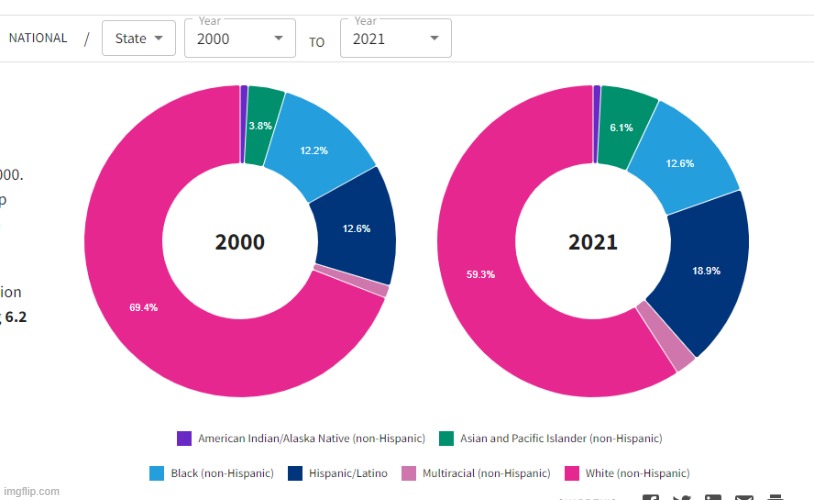Guno צְבִי
We fight, We win, Am Yisrael Chai
Black history is the undeniable history of this country—its people, actions, triumphs, and atrocities. Yet, Black history is deemed “controversial” by people like Florida Governor Ron DeSantis, institutions like the College Board that attempt to water down curricula, and those who press for outright bans on teaching about the contributions and experiences of African Americans in public schools. A battle is raging right now against terms like “intersectional” and “systemic marginalization.” Meanwhile, the freedom to learn, the future of education, and the brilliance of our children are caught in the crosshairs.
The context of historical events, and things many of us have directly experienced, are being called concepts too complex or challenging for high school students to appreciate.
First, this is an obvious smokescreen. But to these critics, the response should be clear: How can the lived and daily experiences of millions of people be “too controversial” to teach in school? The answer: They can’t, and it’s our moral duty to ensure our children understand that.
When I say Black history is American history, I know it’s true, you know it’s true, and the people who think Black history shouldn’t be taught in schools know it’s true. That’s why they want it banned. Hiding our history is an attempt to rob us of our historic voice, erase our contributions, and make our justified outrage look unreasonable.
https://www.msn.com/en-us/news/us/b...A189DT9?cvid=997d896a80394eb2bfe6c6bdcaa358df
The context of historical events, and things many of us have directly experienced, are being called concepts too complex or challenging for high school students to appreciate.
First, this is an obvious smokescreen. But to these critics, the response should be clear: How can the lived and daily experiences of millions of people be “too controversial” to teach in school? The answer: They can’t, and it’s our moral duty to ensure our children understand that.
When I say Black history is American history, I know it’s true, you know it’s true, and the people who think Black history shouldn’t be taught in schools know it’s true. That’s why they want it banned. Hiding our history is an attempt to rob us of our historic voice, erase our contributions, and make our justified outrage look unreasonable.
https://www.msn.com/en-us/news/us/b...A189DT9?cvid=997d896a80394eb2bfe6c6bdcaa358df

